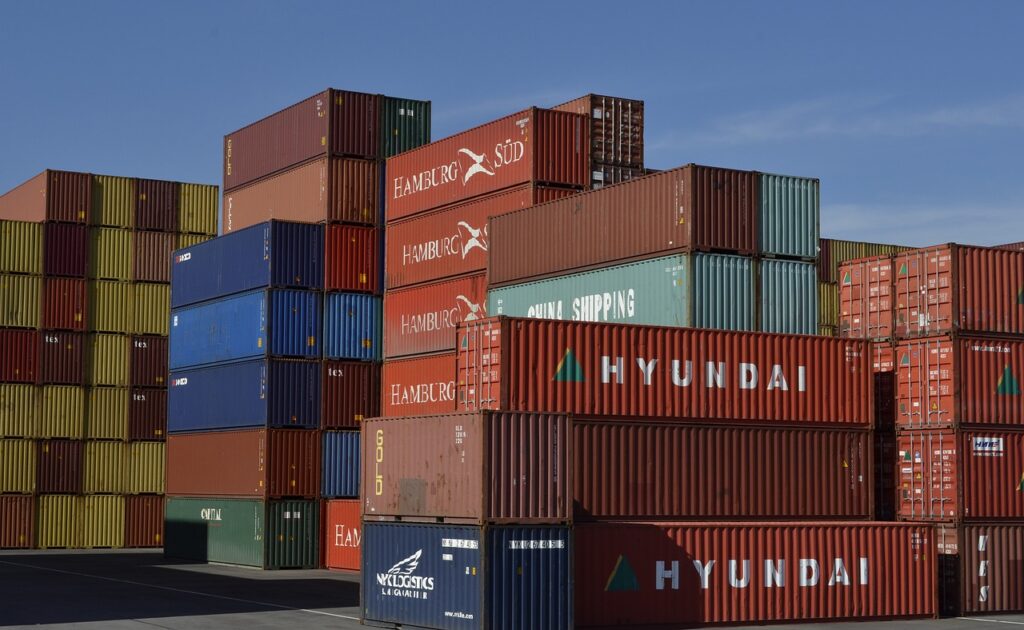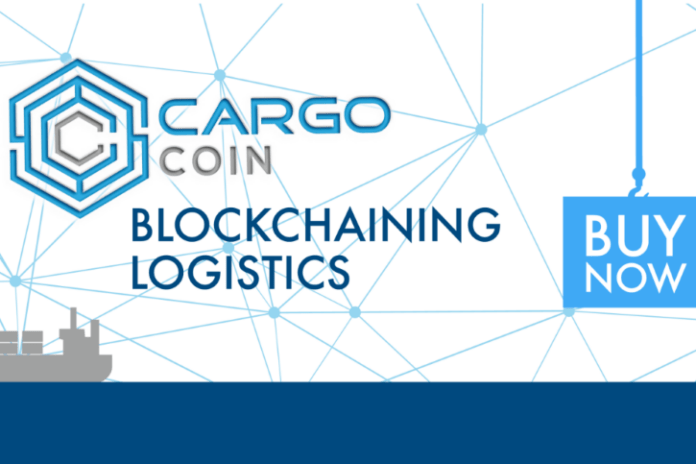International trade and logistics together are one of the largest economic sectors in the world, accounting for over 30 billion USD annually. At the same time, 90% of the world cargo is transported by sea. The significance of the logistics industry and especially sea freight is rather obvious. The good news is that logistics is one of real life cases where blockchain technology can really be applied to improve efficiency of that industry.

While international trade and its logistics are very complex nowadays, that’s mainly due to the fact that all the processes are still being carried out the way they were 500 years ago, i.e. on paper. The title of ownership (Bill of Lading) in the shipping industry is still being printed on paper and still being sent by courier to the receiving party. The payments are still being carried out by banks and letters of credit, which are slow, expensive and take time to clear, especially after intermediary banks imposed further checks, thus delaying bank payments with additional 3-5 days on top of the standard 3-5 days period. All these result in huge losses to the shipping industry and international day, as cargoes need to stay in harbors for days and sometimes week, waiting for documents to clear and payment to be received. Each idling day could cost as little as 10,000 USD and all the way up to 100,000 USD in expenses, including salaries, port charges, running expenses, not even mentioning opportunity cost. It has been calculated that up to 50% of the time shipping vessels are just idling and doing nothing really, while waiting for documents to be cleared. Considering that sea freight alone is 380 mln USD per year, we could easily see that there is a huge being generated by delays. That cost, of course, is being paid by the customers of course and is already included in the price of each commodity you buy. Reducing such costs and improving the opportunity cost loss is a key factor in global trade and transport.
Thanks to the blockchain technology, we can now have smart contracts, that can replace paper documents, provide instant delivery of documents, eliminate the letters of credit and replace them with blockchain escrow payments. These parts alone would reduce the delays to just 10% and reduce sea freight by up to 150 mln USD per year. Further improvements could be implemented by blockchaining the customs clearance process, which has already started in South Korea, as there is a pilot project to do just that.
Other than the delays that account for huge losses each year, there are a few other problems in the international logistics, that could also be solved through blockchaining logistics, such as:
- Reducing fraud – replacing paper documents with smart contracts that cannot be forged will improve trust and accountability of the document flow.
- Lowering costs & Increasing trust – using an established blockchain protocol, such as Ethereum and escrow payments rather than bank letters of credit will significantly reduce the costs of cargo and freight payments, while at the same time providing for even higher trust and secure payments.
- Securing information – encryption ensures high security of the documentation flow, which is otherwise exposed to various parties, such as bank’s employees, agents, brokers, etc. With a blockchain solution, each party would have access only to the information that is relevant to them and will greatly decrease industry scouting for information.
- Safe archiving – paper documents fade over time, get lost, burned, flood and humidity greatly affect them. With blockchain smart contracts the documents will always be in perfect shape, ready to review and reference and will not be prone to destruction.
- Tracking – tracking cargo shipments is a crucial aspect, especially if the shipment is split in several parts or is being transported by different modes of transport throughout the cycle. Furthermore, tracking is crucial in the supply chain of food, where batches need to be traced back to their origins.
Global transportation platforms, such as CargoCoin are the key to successfully bringing the international trade and logistics to the 21st century technologies, such as the blockchain and smart contracts.















